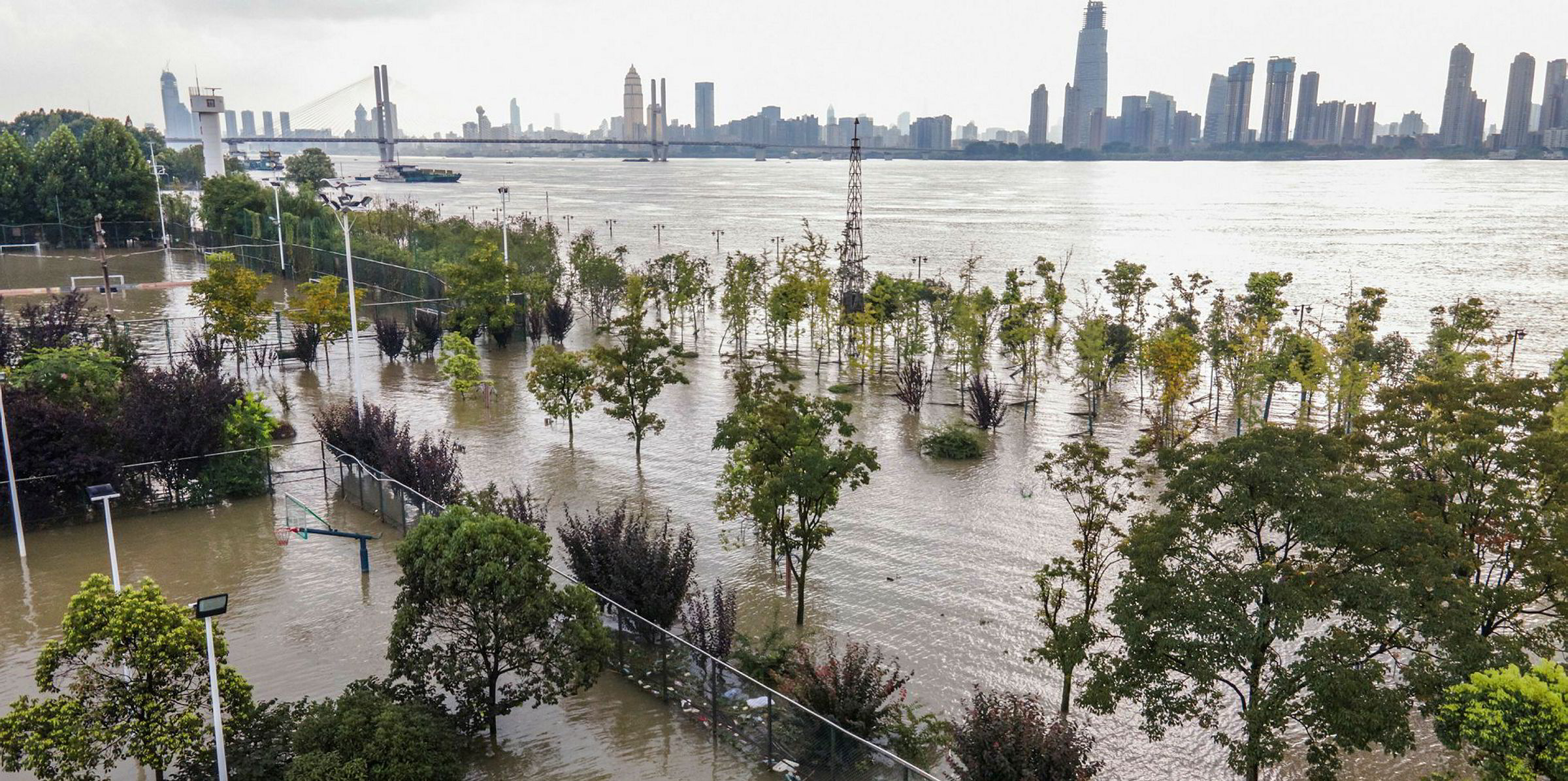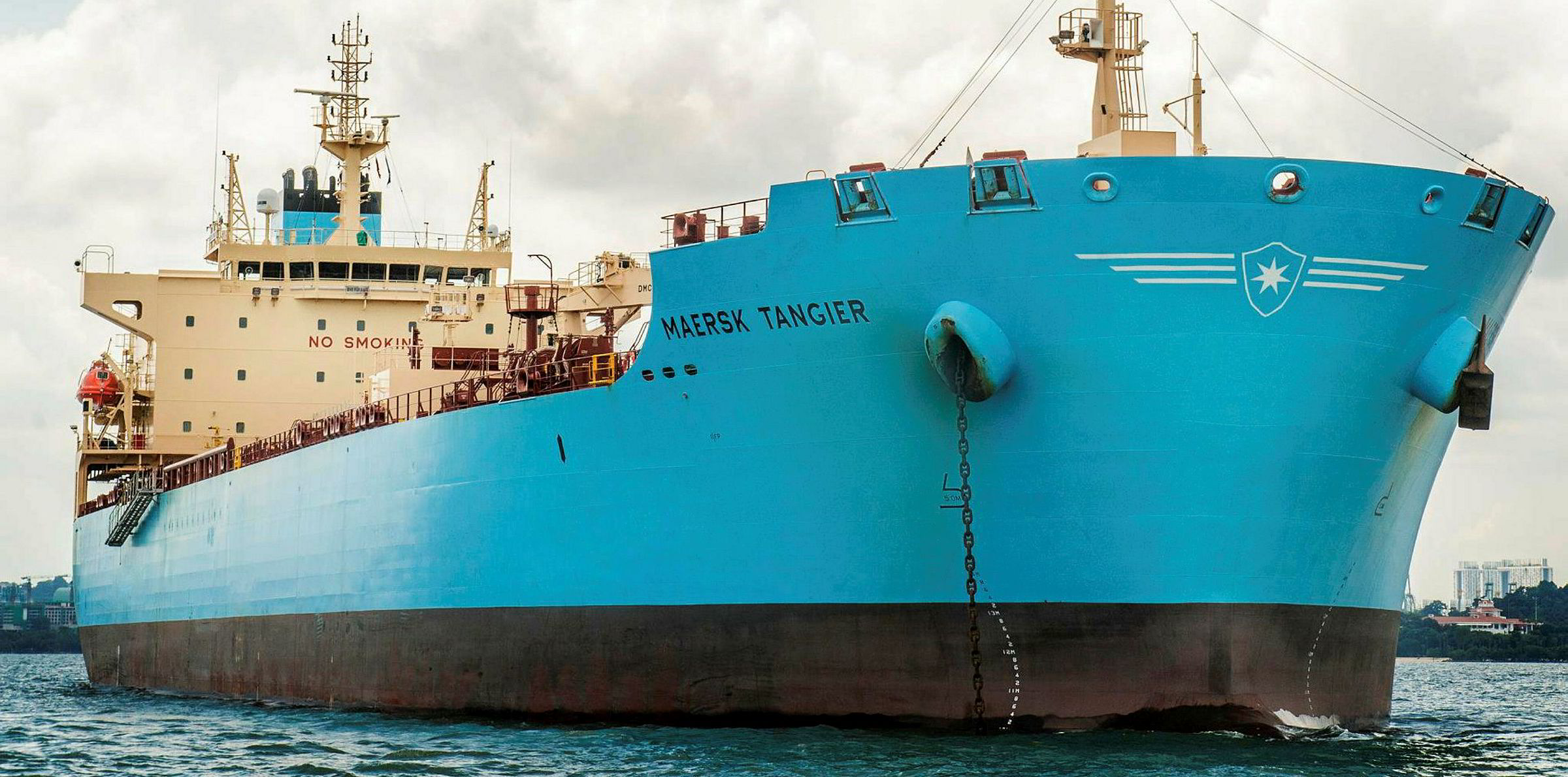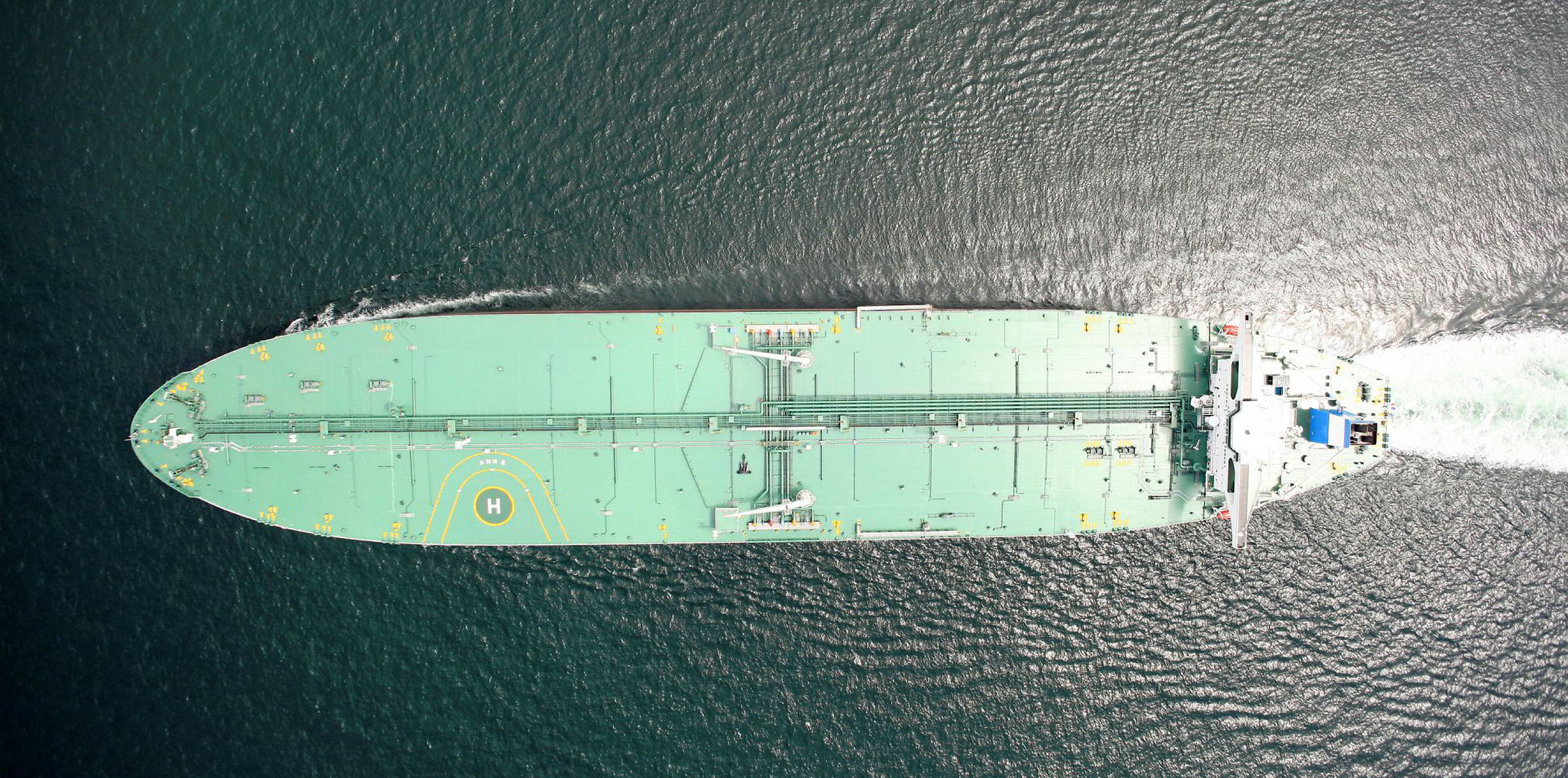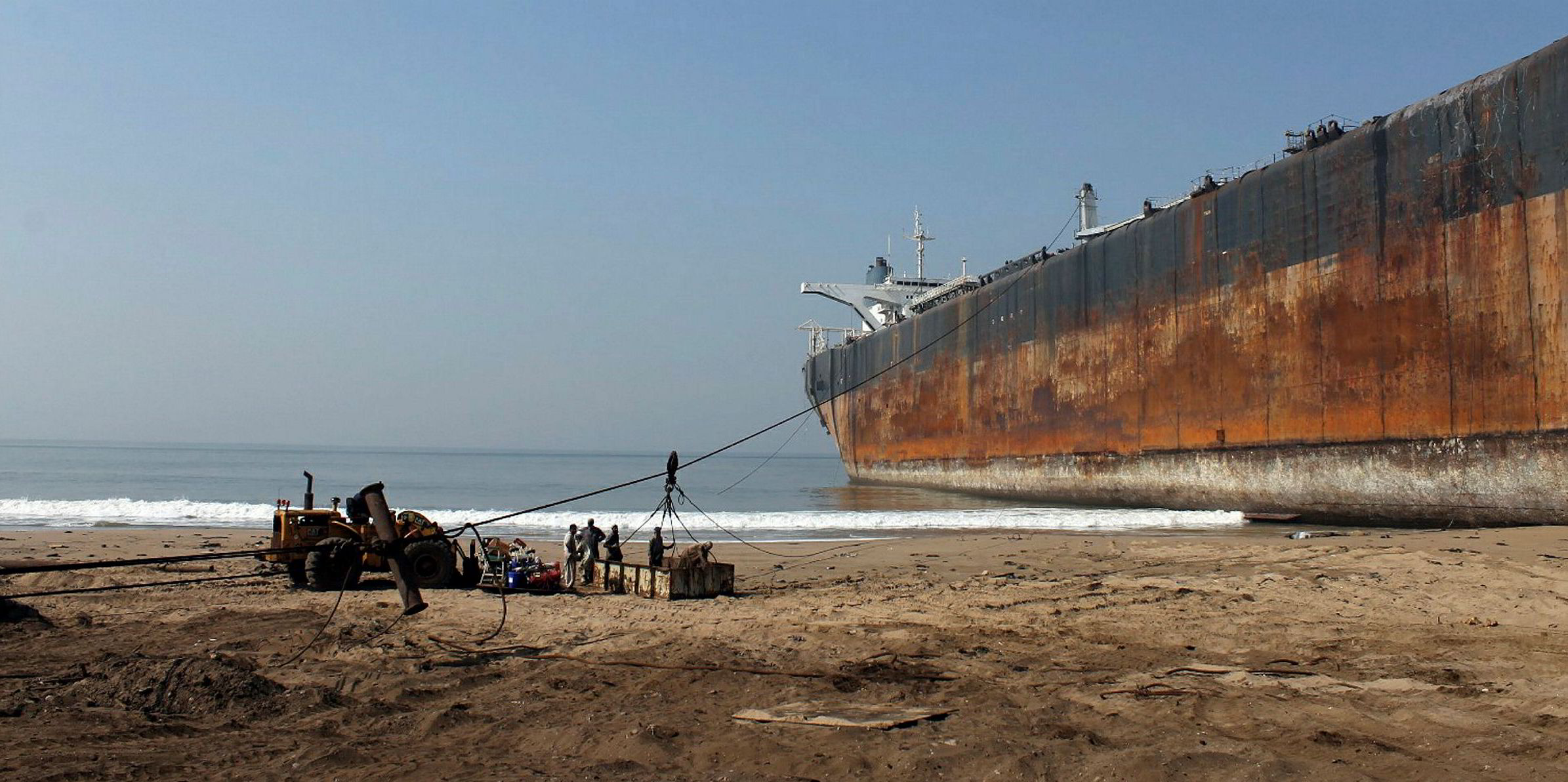Oil firms in China are raising exports of clean petroleum products amid the country’s worst flooding in decades, offering support to charter rates of MR tankers, market experts said.
Kpler data suggests Chinese clean products exports will reach 6.25m barrels in the week beginning on 27 July, the highest weekly total in three months.
After high production rates despite domestic demand hit by floods, the country’s refineries are seeking to sell excess products to overseas markets, several analysts have said.
“China will look to boost gasoline and gasoil exports due to heavy floods impacting domestic demand,” researchers at Stifel said in a note, estimating that average utilisation rates of China’s state refiners would reach a six-month high of 83.6% in July.
Record rainfall since June has led to deluges across large swaths of central and eastern China, forcing millions of people to be evacuated while halting factories and construction projects.
“Unusually strong, stationary weather systems have produced frequent storms and heavy rainfall,” the National Aeronautics and Space Administration said. “Dozens of rivers and lakes swelled to record high levels.”
Citing estimates of other analysts, Poten & Partners’ head of tanker research Erik Broekhuizen said floods could reduce China’s gasoil and gasoline demand by up to 5%.
“The flooding has affected product demand in the heartland of China around the Yangtze river. The situation could get worse as some dams are at risk of failing due to the unusually high water levels,” Broekhuizen said.

“Surplus petroleum product availability will lead to increased product exports and affect refining margins in the region. This, in turn, could help the product tanker market.”
Chinese refineries generally export refined products on MRs to other Asia-Pacific nations, with Singapore — the regional transshipment hub — often being the initial destination.
Relative firmness of Atlantic trade
Braemar ACM Shipbroking expects Sinopec, the Chinese major that controls most of the state-owned refineries along the Yangtze, to hike exports of gasoil and gasoline from August to clear surging inventories.
But the brokerage suggests that total product trade volume may not necessarily increase as rising Chinese exports could be offset by less supply from Taiwan, Japan and South Korea.
The Baltic Exchange assessed the Pacific basket rate for MRs at $7,539 per day on Monday, still weak but the highest this month.
In contrast, the Atlantic rate has hovered above $20,000 per day over the past week, even outperforming larger segments like LR1s and LR2s.
The strength has resulted from healthy cargo flows from northwest Europe to the US Atlantic coast and West Africa, while the tonnage supply in the US Gulf is balanced, according to brokers.
Clarksons Platou Securities, an investment bank, pointed out the performance is eye-catching given that the number of MRs in floating storage has fallen to 37 from 85 in June.
“While current earnings do not jump off the page, the prevailing rate is a noteworthy figure given free cash flow break-even for a modern MR is around $14,000 per day to $15,000,” Clarksons Platou said in a note.
While MR rates could weaken if charterers seek to combine cargoes and use LRs, “it is notable that spot rates have jumped just as nearly 50 MRs have returned to normal trading activity”, the firm said.






